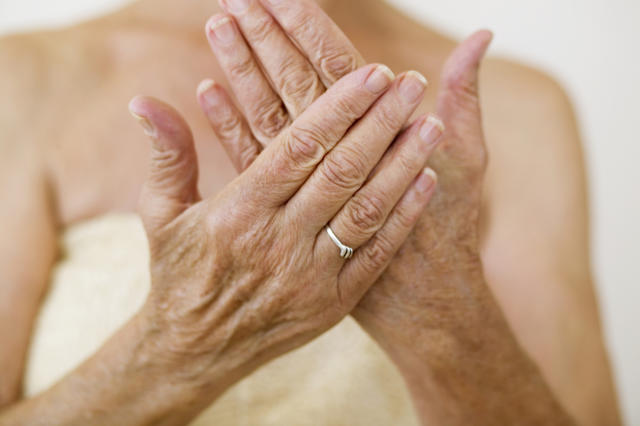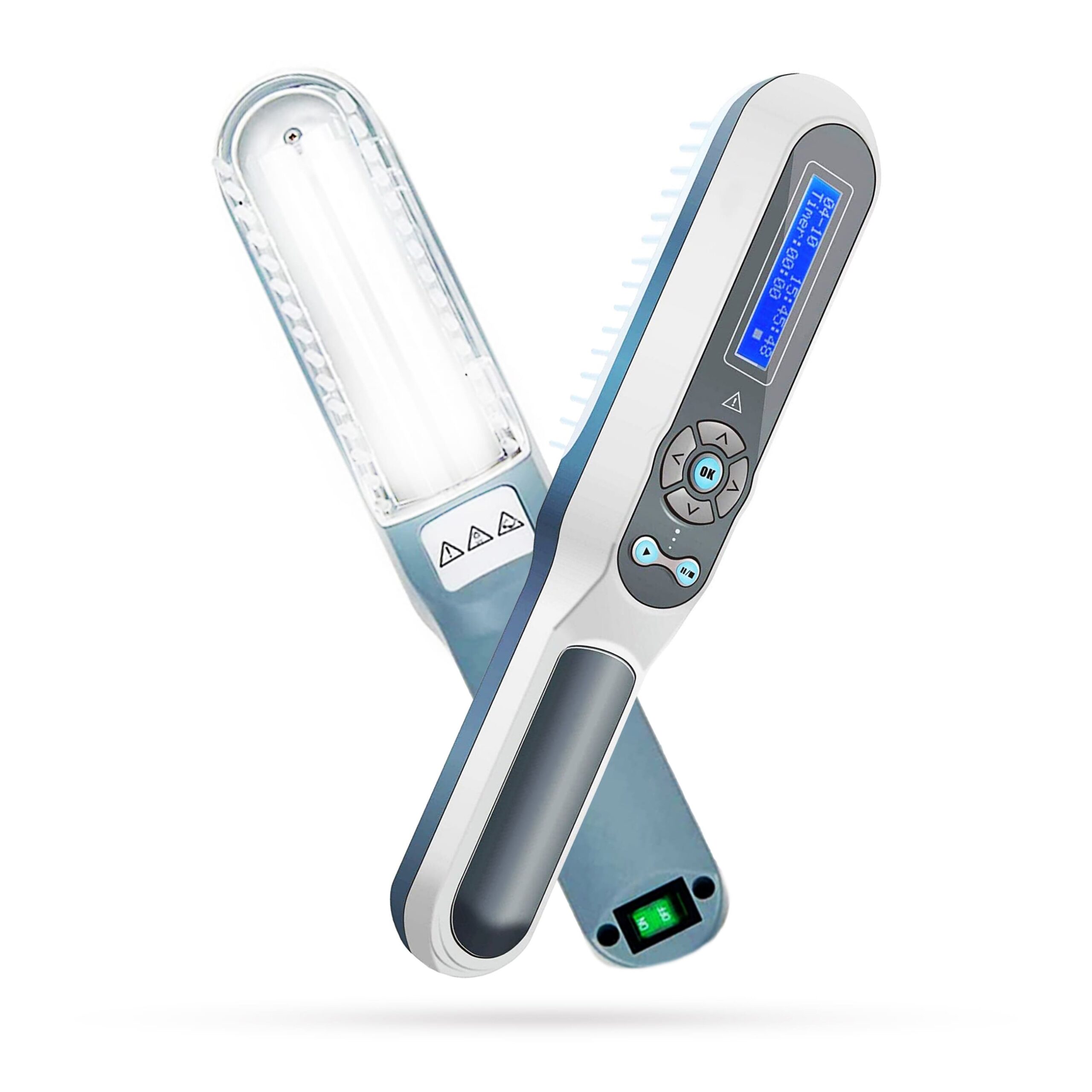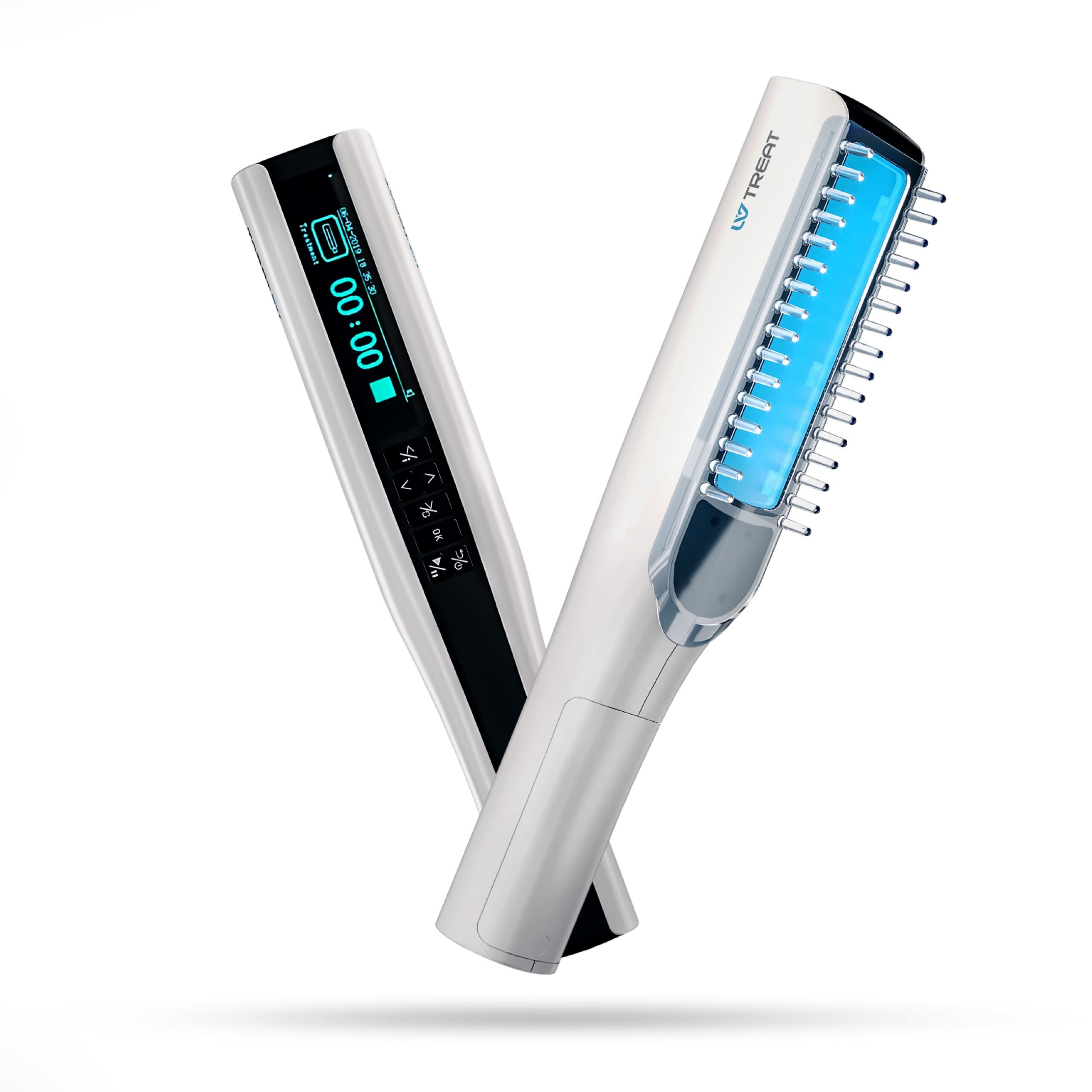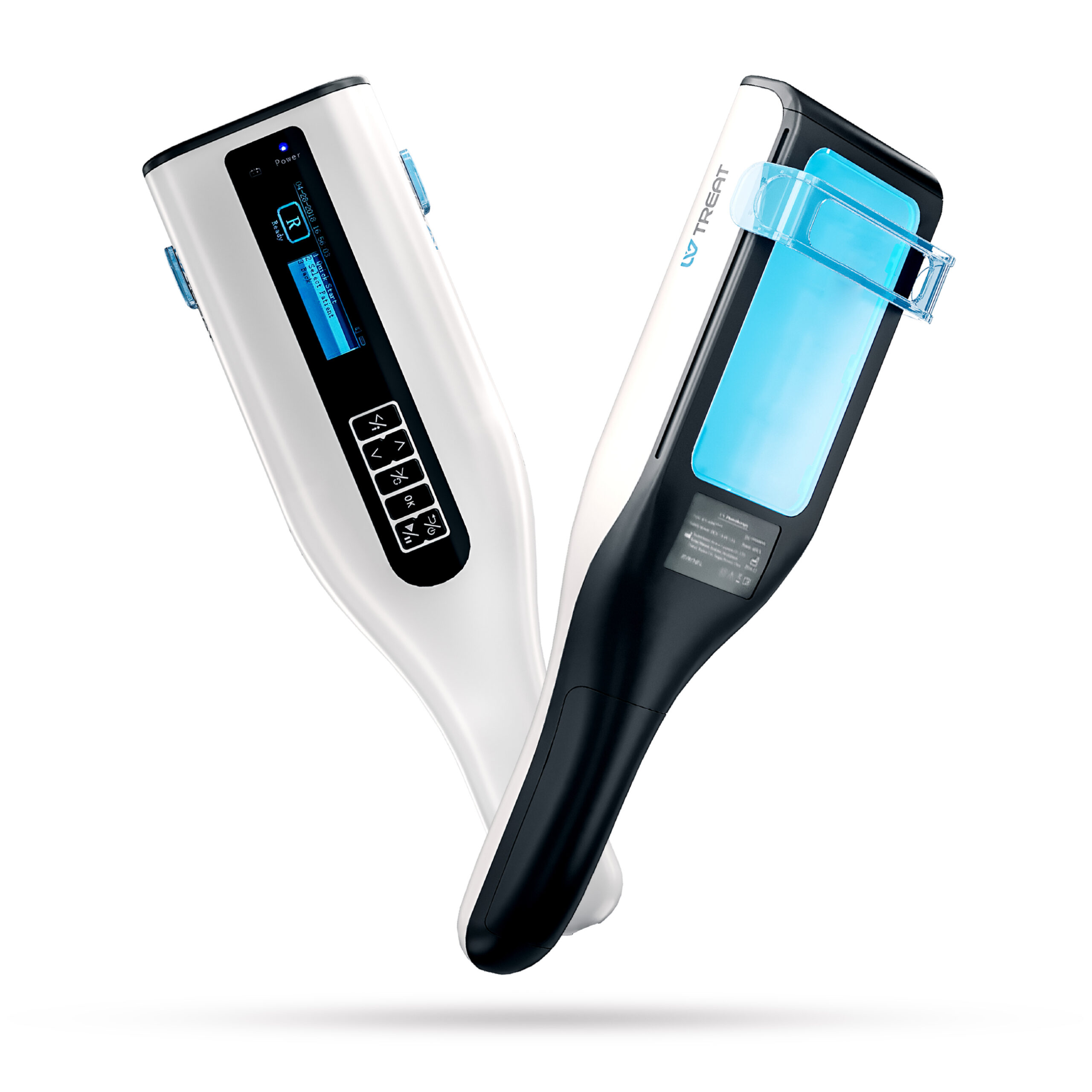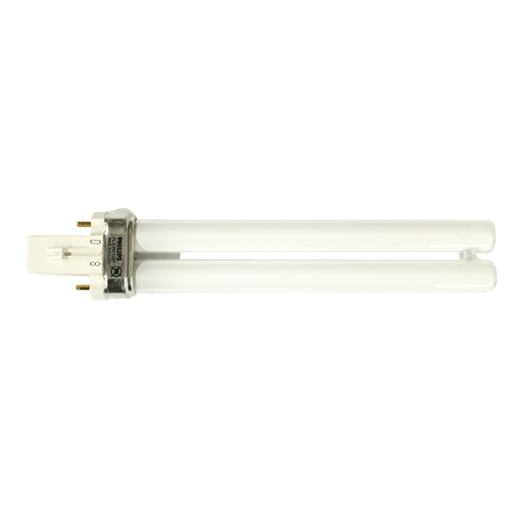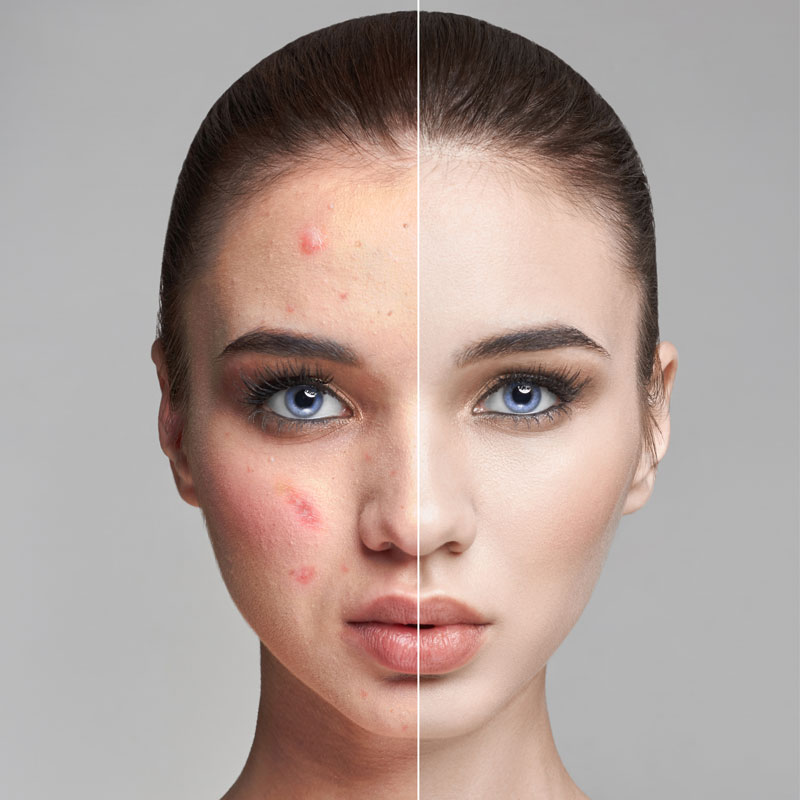Crepey skin is the state of the skin when it becomes thinned out, fragile, and wrinkled, just like crepe paper. In fact, it is just a part of natural aging.
However, there are other elements that may provoke this condition, for example, major sun damage, dehydration, or sudden weight change.
While the condition is most common in people at or over 40, several lifestyle factors might make one’s skin crepey anyway; maybe even at a younger age. The good news is that, yes, it’s completely preventable and manageable to have crepey skin.
What is Crepey Skin?
Crepey skin has the feel of being thin with very tiny wrinkles, and it resembles crepe paper. Unlike regular wrinkling, crepey skin involves larger areas and is far more delicate and fragile. [1]
Common areas for crepey skin include under the eyes, on the neck, upper arms, and inner thighs. This can become a more common problem than standard wrinkles simply because it tends to make the skin sag or feel loose down in places.
Crepey Skin Causes
Sun damage is one of the most common factors in developing crepey skin. [2] Other contributing factors:
Sun Damage
The main cause of crepey skin is sun exposure. UV rays from the sun lead to the breakdown of collagen and elastin fibers in the skin, giving it elasticity and firmness. Over time, crepey skin thins out and sags due to a lack of fiber consistency and begins to lose its smooth appearance.
Aging
The body constantly produces less collagen and elastin with advancing age. [3] These proteins are essential in keeping skin taut and smooth. It causes loss of elasticity to the skin, and this slows down but surely creates skin that is thin and sagging.
As one ages, the skin’s normal moisture-retention capabilities start to wane, thus becoming easily dried out, which may give the appearance of creping.
Weight Changes
Weight changes, including rapid weight loss, all play a role in forming crepey skin. On the other hand, weight gain will stretch out your skin over that increased fat, but if you lose weight too fast and too much, your skin won’t have enough time to shrink back.
Inadequate Moisture
When the skin is dehydrated, it becomes easily damaged, which manifests as creepiness. With advancing age, the skin produces less natural oil, usually directed toward keeping the skin hydrated. Less moisture weakens the skin barrier to cause dryness, irritation, and later creepiness.
Prescription Medications
Some drugs will weaken your skin. These may include long-term cortisone drugs like prednisone that break down collagen, creating thin skin with that crepey look.
Other Factors
Other extrinsic factors that could be linked to crepey skin are air pollution, smoking, and stress. [4] These increase the formation of free radicals against skin cells and enhance this visible process of aging.
How to Prevent Crepey Skin
Prevention of crepey skin lies in preventing it, living well, and maintaining it through a good skincare routine.
Sun Protection
Crepey skin can be prevented by protecting your skin from harmful sun rays. The sun should be avoided as much as possible, especially at peak hours.
Wear a broad-spectrum sunscreen, SPF 30 or higher, every day. [5] Do not use tanning beds because they expose your skin to very strong UV radiation. Because it causes your skin to age more rapidly and dramatically, this greatly increases your chances of crepey skin and skin cancer.
Hydrating the Skin
Keeping your skin well-moisturized will maintain its elasticity and prevent it from getting crepey. Look for a moisturizer that contains hyaluronic acid and glycerin to help retain moisture in the skin and build a healthy skin barrier. Keep your skin well-moisturized by hydrating with water throughout the day.
Healthy Diet
The antioxidants present in food, be it berries, leafy greens, or nuts, protect the skin from free radicals. The mainstays are vitamins A, C, D, and E. [6] Failure to get enough vitamin C will lower collagen synthesis, although vitamin E will give some protection to skin cells. Omega-3 acids help maintain the lipid barrier in the skin, which keeps the skin soft and well-hydrated.
How To Treat Crepey Skin
Many treatments will reduce crepey skin or ensure that it looks good. Choice of the treatment largely depends on the known cause of the problem, your skin characteristics, and the area affected. Some common treatments are as follows:
Topical Retin
These are either in the form of a cream or gel applied to the area and help in exfoliation and cell turnover to treat the crepey skin. On the other hand, it might be that retinoids are very drying for the skin, and this is to be used in conjunction with a moisturizer that also hydrates.
Fractional Laser Treatment
These technologies essentially produce tiny skin injuries or holes to promote the growth of new skin. This can lead to a decrease in uneven texture and tone in places like the face. [7] In addition, it can further reduce the potential for skin cancer by extracting precancerous cells.
Radiofrequency (RF) Therapy
This procedure uses radio waves that travel to penetrate and heat up the skin. It eventually builds collagen and tightens the associated areas. This is perfect for patients who have mild degrees of skin laxity, such as those who have gone through weight loss or childbearing.
Fillers
Fillers, classified as biostimulatory, can be administered to correct skin rejuvenation by inducing collagen synthesis. This provides the skin with tremendous improvement in thickness and texture over time. [8] The relief can even be maintained for several months after the treatment.
Cosmetic Surgery
In more serious cases, that happen—for example, after a lot of weight has been lost—surgery is necessitated. [9] These include Facelift, Neck lift surgery, and Eyelid surgery.
These surgeries are effective, though the marks remain; hence, one should consult more than one professional before the surgery.
Can a Dermatologist Help with Crepey Skin?
Yes, one may look for a great deal of help from a dermatologist when it comes to the management of crepey skin. He will look into your skin condition and further ascertain its core reasons, whether due to aging or damage to the skin by the sun.
He will conduct an examination and devise a treatment program that may include better topical measures and advanced procedures such as laser fractional therapy or radiofrequency. The dermatologists also offer follow-up advice and go further to give practices on skincare, including which products to use.
The Bottom Line
Crepey skin is among the most common problems when we age. However, this issue can still be managed if proper treatment and prevention mechanisms are in place. You can incorporate appropriate approaches to deal with crepey skin via preventive measures against it, proper skincare routines, and care by your dermatologist.
You can contact us at UV Treat or simply fill out our form, and we’ll reach out to help you find the best solutions for your crepey skin concerns.
